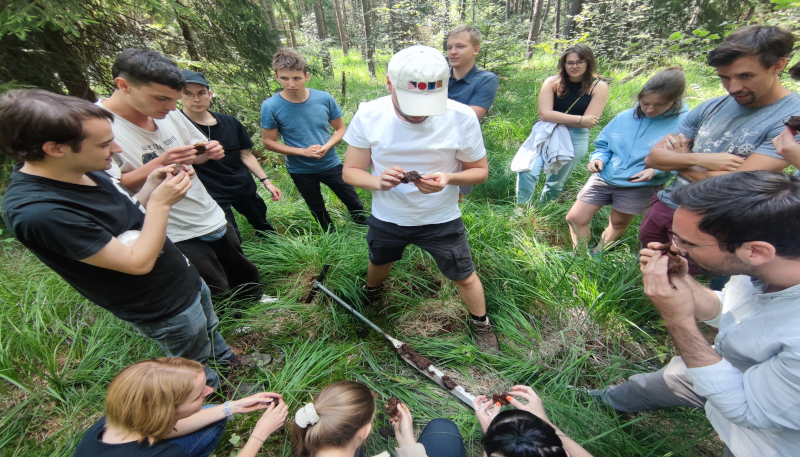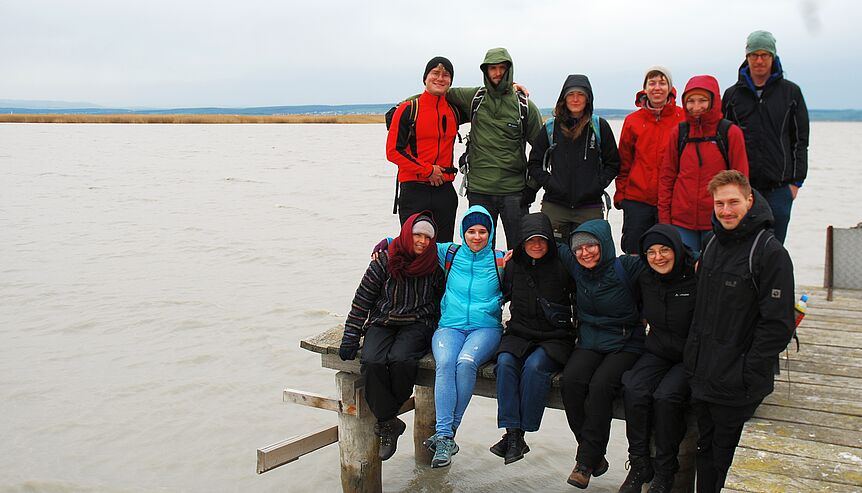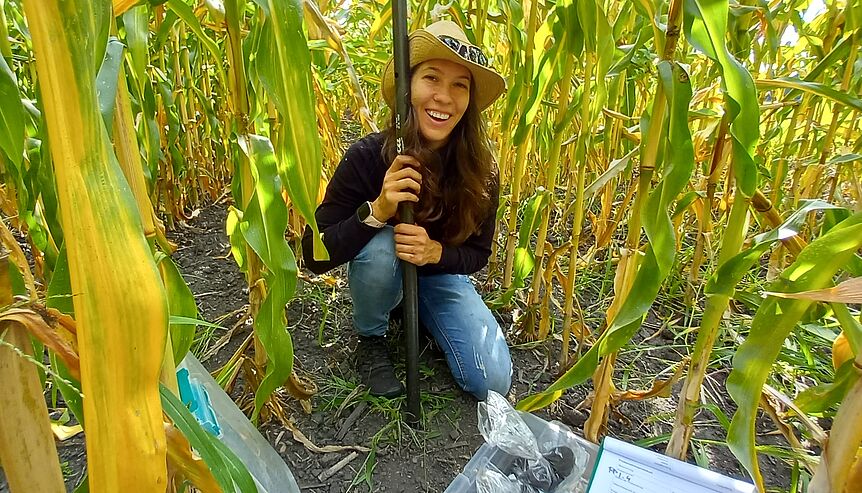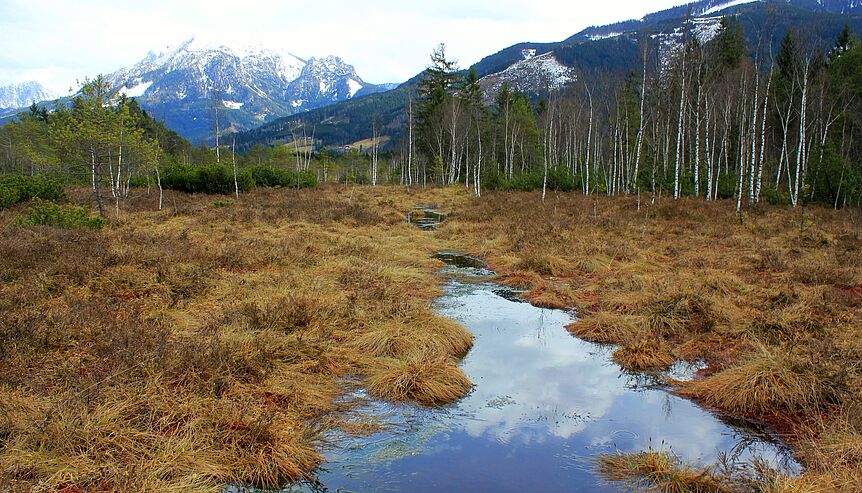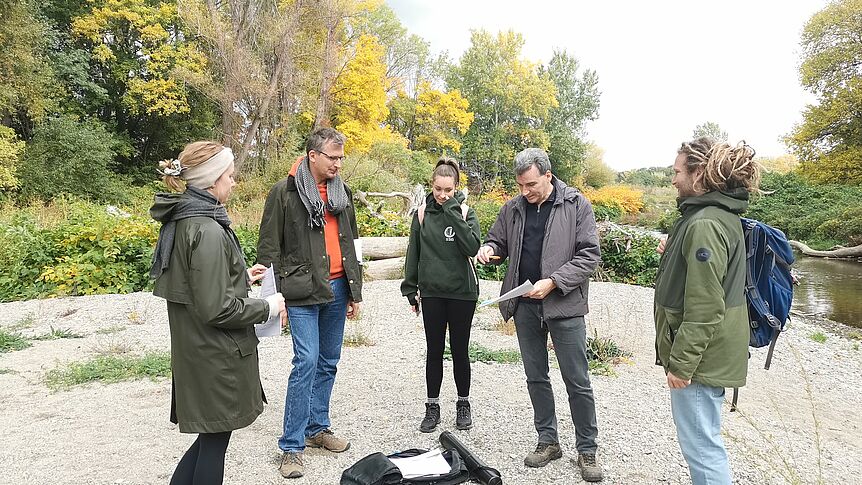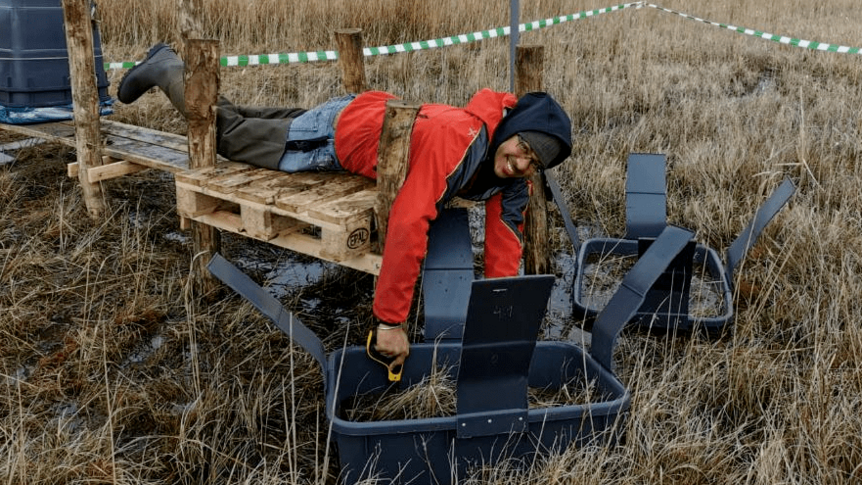The Geoecology Group aims at understanding ecosystem functioning across scales and time. More specifically, our research aims at identifying physical, chemical and biological parameters that control ecosystem carbon turnover on the landscape scale. We pay particular attention to vegetation and soils, as they are proxies for present and past ecosystem conditions. To achieve this, our research employs methods from soil science, ecophysiology and micrometeorology in a geography context. At present most of our projects focus on peatland carbon cycling at various field sites in Austria, the Netherlands, Germany, Poland and Sweden.
News
Teaching
Research


